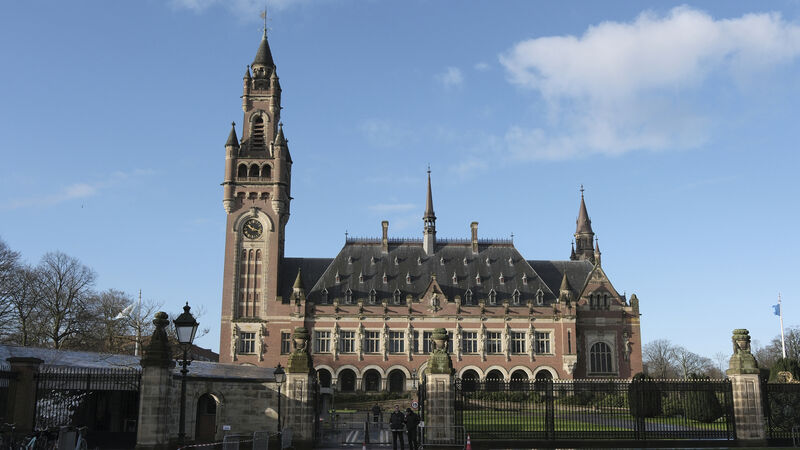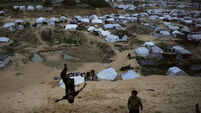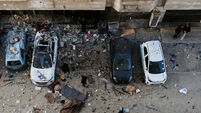Spain applies to join South African case at UN court accusing Israel of genocide

A view of the Peace Palace, which houses the International Court of Justice, or World Court, in The Hague, Netherlands.
Spain is to ask a United Nations court for permission to join South Africa’s case accusing Israel of genocide in Gaza, its foreign minister has announced.
Spain is the first European country to take the step after South Africa filed its case with the International Court of Justice late last year.














